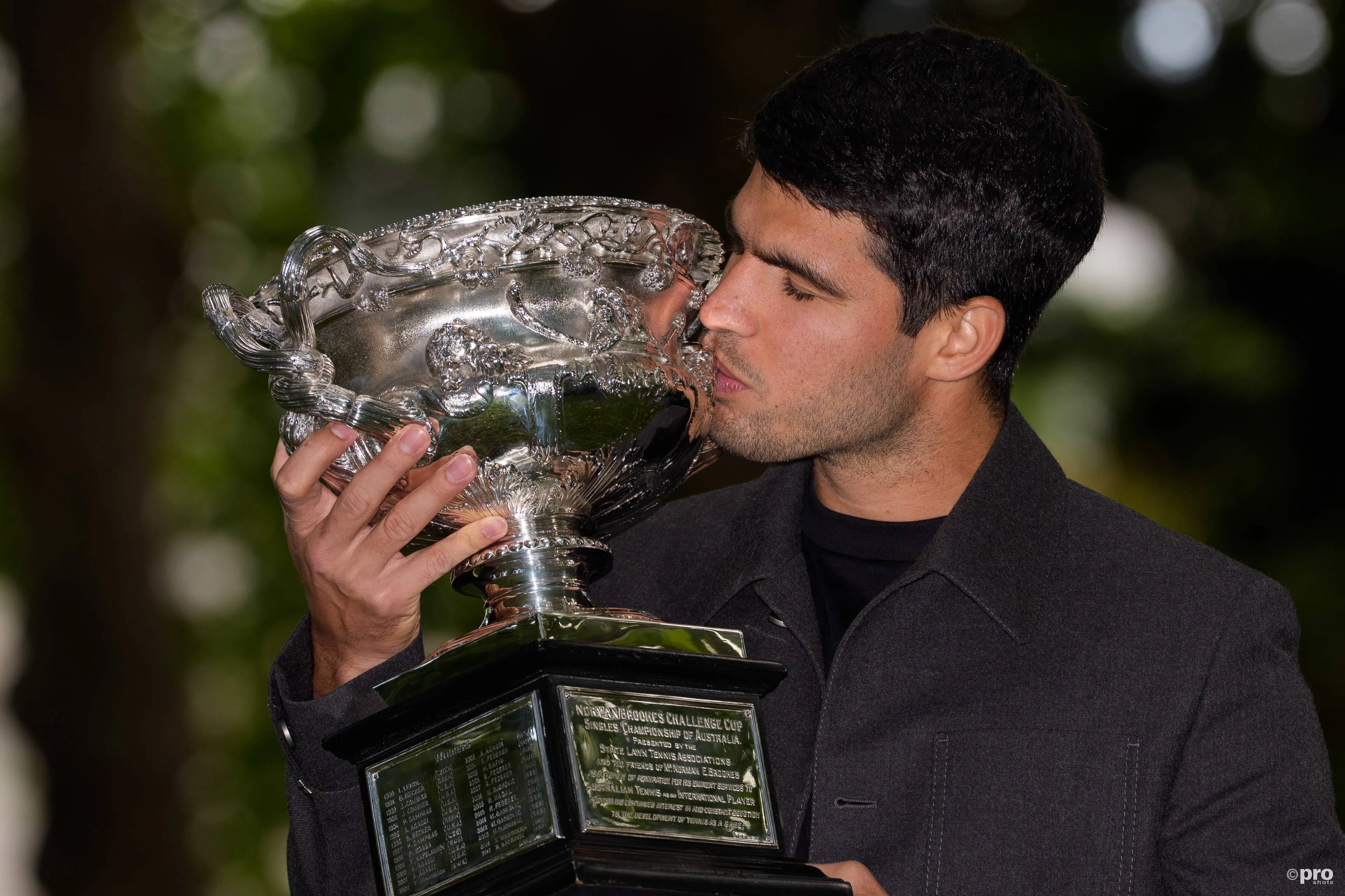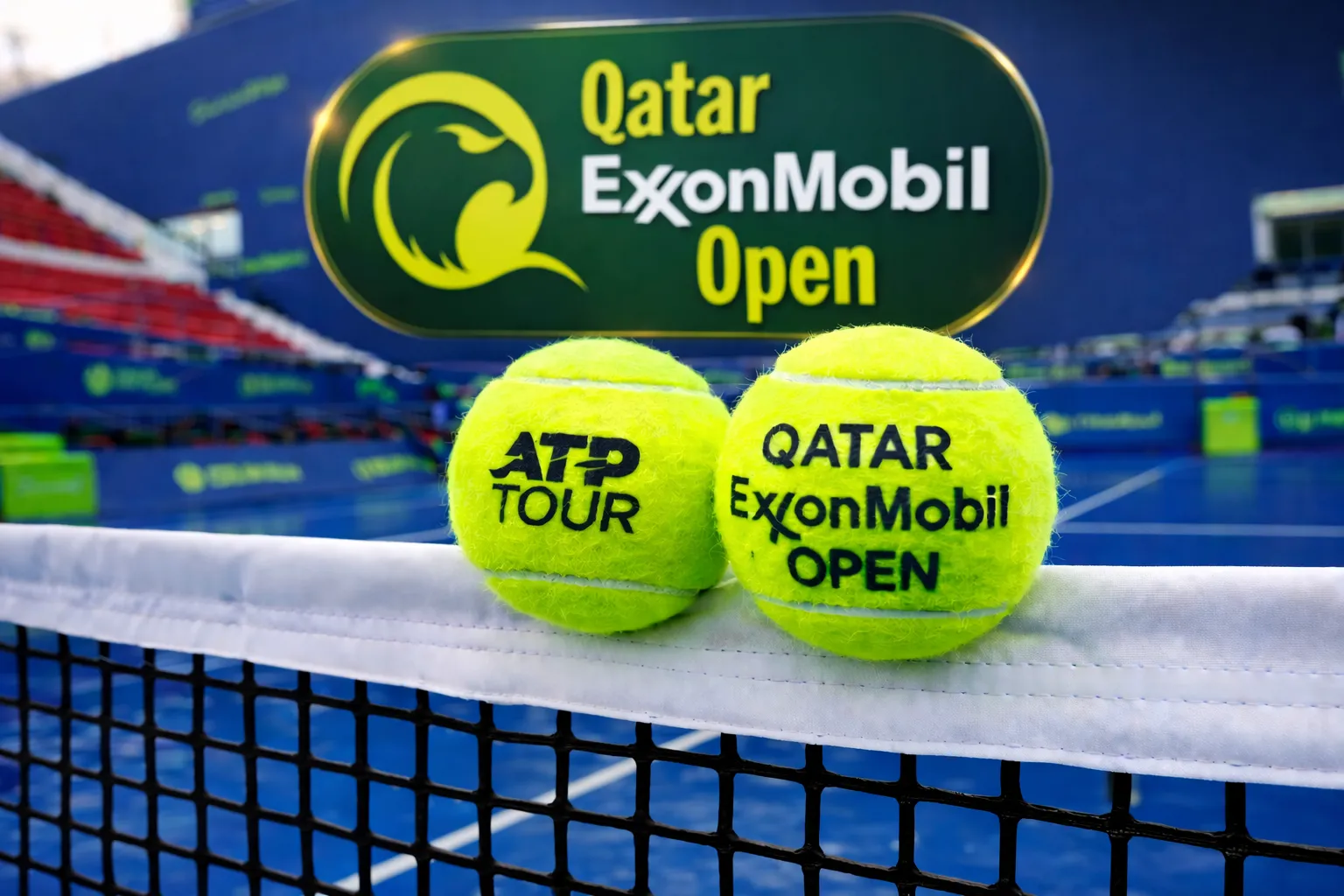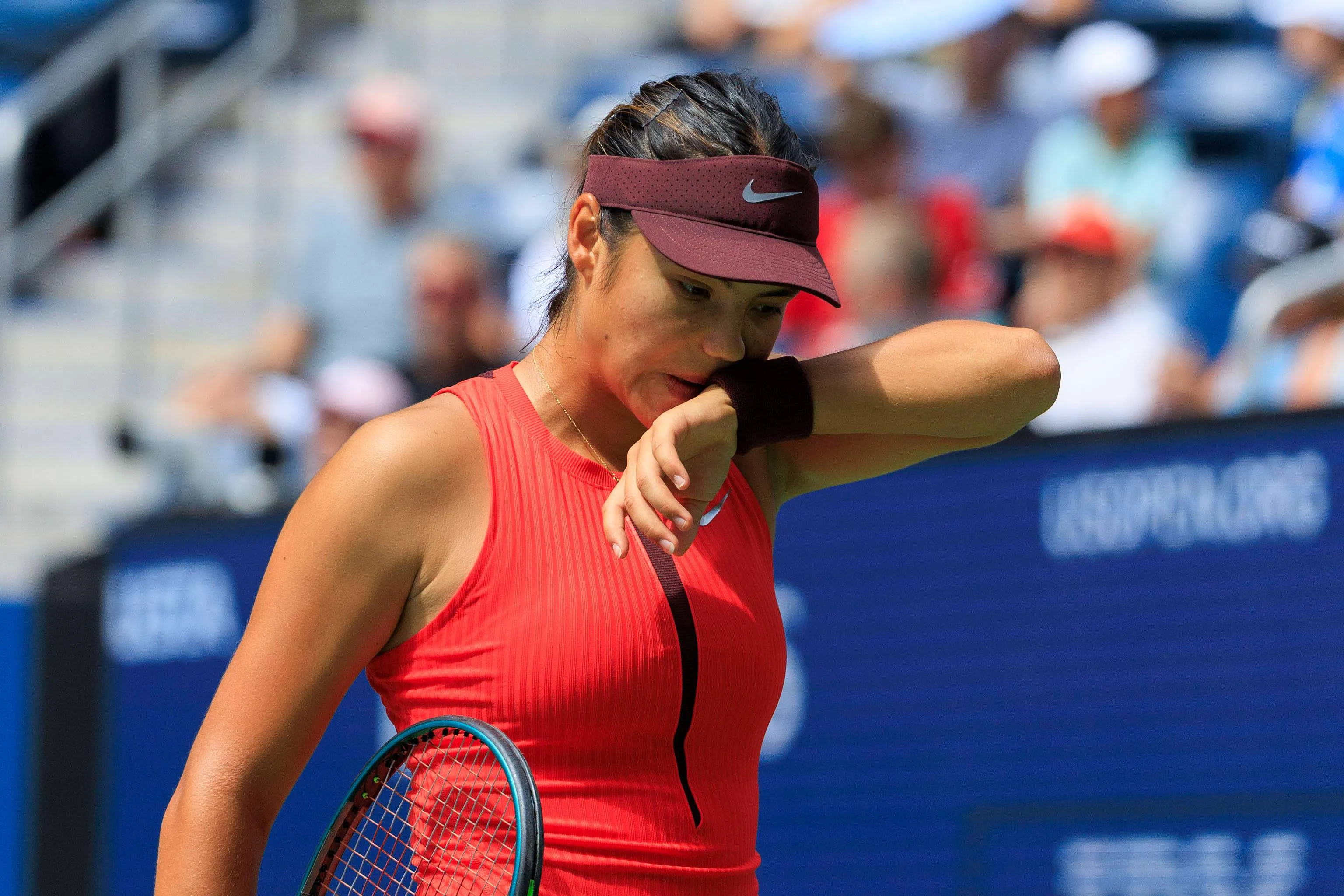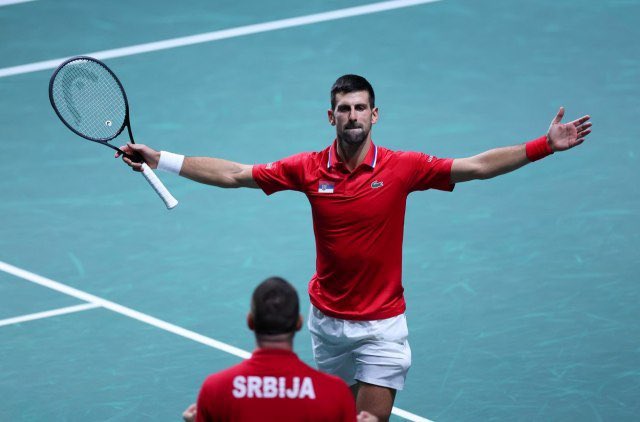Novak Djokovic 'did not refuse' doping test according to ITIA amid Davis Cup fiasco
OtherThursday, 30 November 2023 at 17:49
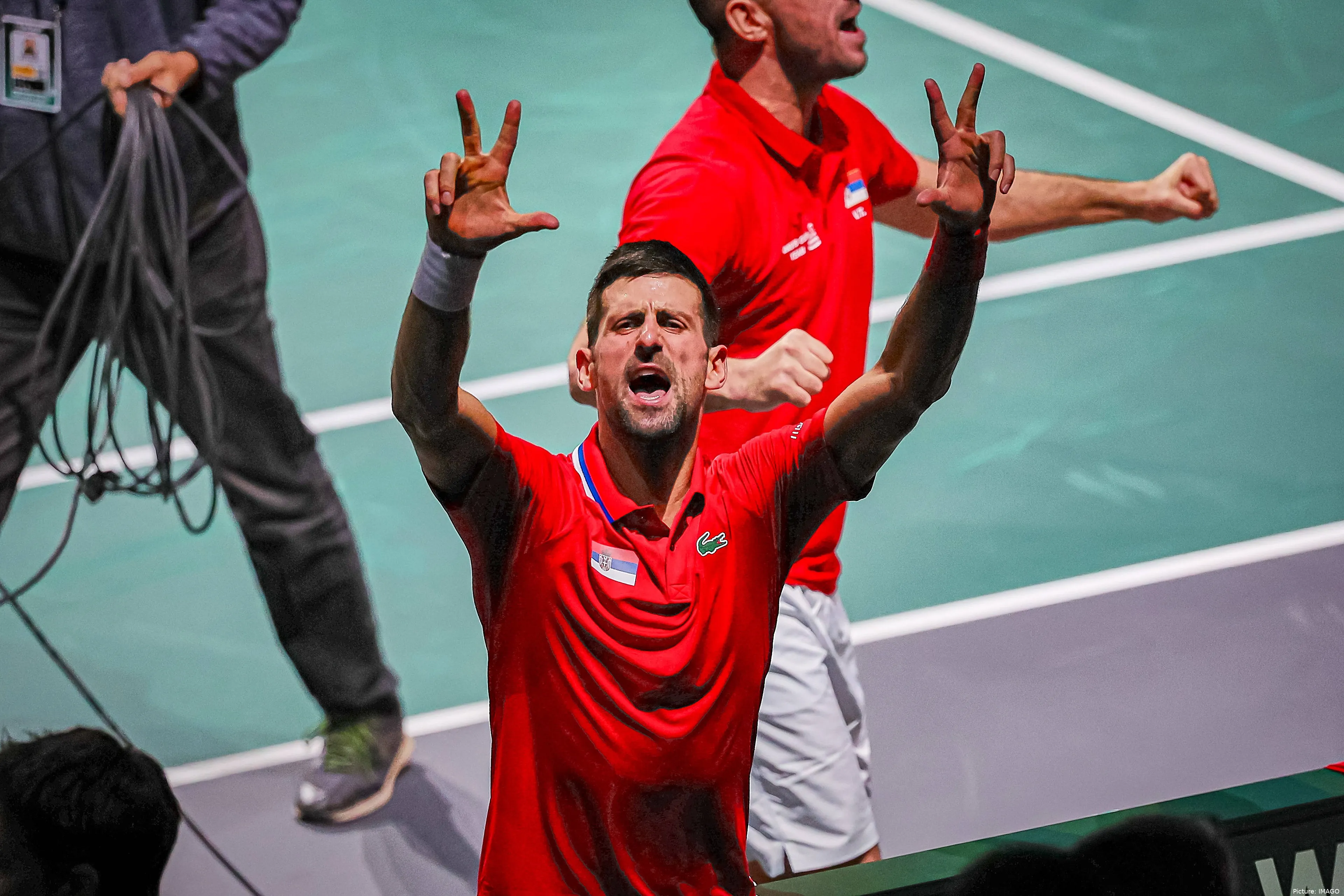
Novak Djokovic's doping test fiasco has come to some sort of a conclusion with the International Tennis Integrity Authority (ITIA) coming out in support of the 24-time Grand Slam champion.
Djokovic expressed frustration and dismay as he was made to do a surprise doping test only an hour and a half before playing Cameron Norrie in his Quarter-Final against Great Britain.
But Djokovic said that he was preparing for his match and it was 'illogical' so didn't take the test before the match resulting in the anti-doping controller following him around for hours before they finally concluded said tests.
“It’s the first time it’s happened to me. It doesn’t make sense to do it when I’ll be there after the match. They gave me an hour and a half’s notice. I have my pre-match routines and I don’t have to think at that point about donating blood or urine," said Djokovic.
"I argued with him because that hasn’t happened to me in my 20-year career. He sat in a corner and followed me for hours. It was outrageous. I’ve always defended controls, but not before matches. There’s nothing to hide, but there have to be certain limits.”
Players were asked to submit before or after
Other reports say that Djokovic refused to comply, but the ITIA have stated that he didn't miss the test as all players had the choice to submit it before or after.
"The first thing to say is that Djokovic did not refuse the test. The rules state that when a player is notified, they must provide a sample as soon as they can. In team competitions such as the Davis Cup, players may be informed before a match, whereas in other competitions testing usually takes place after the match. The procedure has not been changed, either for this event or for the player," said a report in L'Equipe.
"In Davis Cup, teams are notified before the start of the match.
"This allows players to choose if they prefer to do it before their match, otherwise it will be after, a member of the organization told us. They have a choice. Some players prefer to do it before, it frees them up after the meeting, which is also not bad, they avoid staying on site too long after the end of a meeting..."
claps 0visitors 0
Just In
Popular News
Latest Comments
- The poor Head Sportswasher has been whining and crying in the media, and basically threatening Saba, Iga, etc. Must be a real Ego Buster when they dangle money and people (especially Women) say, 'No thanks'.
- "Losing-itis" is not uncommon in Emma's small world. Just keeps begging the question, 'What are sponsors paying for? Limited tennis appearances... or Social Selfie Media presence?'
- Dubai can suck it up like everyone else. Just because they think they run the show, they do not. Sportswashing does not give them Power.
- You're losing your mind here.. You use a lot of space, yet inadequate knowledge. Read the WTA Rule Book 2026; it answers all your questions and accusations.
- Why single out Iga and Aryna to punish?, Since when do players get punish because they withdraw from tournaments? Maybe if they both were treated like number one and two players, they would not have this problem. The WTA discriminates against them because of their nationalities, yet they want to make money off them. Every tournament, Iga has harder draws than qualifiers from the beginning to the end. In the Australian Open they stuck Aryna out in the sun the majority of her matches in order to tire her out. She is the number one player in the world and she never got the opportunity to play with the roof closed. If they want these top players to continue playing and making money for them, then they should treat them as such. Otherwise, get the players who they are always giving out cupcake draws to like Pegula to play their tournaments. Lets see how many seats in the audience she will fill. Iga has more fans in the seats than any player in the WTA, yet she is always disrespected and mistreated because of her nationality. The WTA is a corrupt, bias and racist organization. No matter what job someone is on, you cannot tell them that they are not sick or injured.
- LOL. Billie Jean King hates being a woman.
- Pulling out a tournament is not illegal. Therefore, that is no problem. Maybe they need more rest.
- It is simple. If you do not want cameras following you, get away from tennis and go find another job. Cameras and interviews are a part of the job. They do not mind cameras when they are winning. If the women tennis players would put the same amount energy to playing tennis as they do with complaints, women tennis would be exciting to watch.
- Yeah, that's what I would do... be nice and lose a match
- Turns out Swiatek is as big a cheater as Draper (remember vs FAA?)when she didn’t admit to hitting a double bounce drop shot. The blind chair ump didn't even see it on the replay but fortunately got the correct call from someone on the phone (supervisor?) we all saw it…..it wasn’t even a close call. Great win Sakkari !!
Loading


